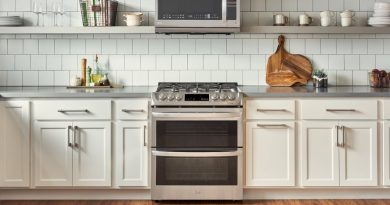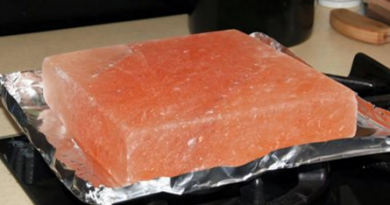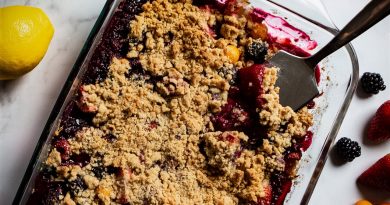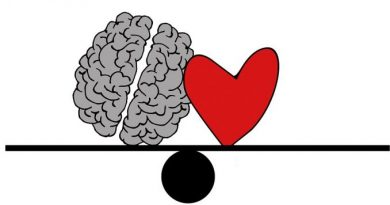Tips for keeping heartburn at bay this season
While summer is synonymous with beach days, vacations and barbecues, there’s something else bringing the heat this season: heartburn.
Summer is the most common season for heartburn, according to a survey commissioned by store brand Omeprazole Delayed Release Orally Disintegrating Tablets 20 mg. (Omeprazole ODT is a 14-day treatment program that is not to be repeated for four months. It should not be used all season unless directed by your doctor.) Beyond the physical discomfort and pain, heartburn can also get in the way of enjoying all that summer has to offer. In fact, nearly one in four frequent heartburn sufferers skip attending summer barbecues, dinner with friends and traveling when heartburn strikes.
From the food or beverages consumed to the way we eat and when, there are many factors that play a role in the onset of heartburn. To help keep it at bay this season, internal medicine physician at Lenox Hill Hospital and Mount Sinai Medical Center Dr. Keri Peterson recommends the following tips:
1) Be mindful of food choices
Many quintessential summer foods and beverages can contribute to heartburn. Ice cream, hot dogs, wine and lemonade are some of the top culprits. Limiting, or even avoiding when possible, the consumption of fatty, fried or spicy foods can help diminish the chance of heartburn rearing its ugly head. While these foods are often known to lead to heartburn, every person is different. If you start to see a pattern of certain foods triggering your heartburn, it is best to cut your intake of them.
2) Be prepared
Despite sufferers’ best efforts, sometimes heartburn is inevitable and current treatment options are not conducive to their busy summer lifestyles. Cue new store brand Omeprazole ODT, the first and only orally dissolving form of omeprazole, the No. 1 selling PPI ingredient in heartburn treatment, available for people suffering from frequent heartburn, defined as heartburn that occurs two or more days per week. Find it at retailers nationwide under each store’s brand label. This product is not intended for immediate relief; it may take 1-4 days for full effect.
3) Opt for smaller meals
Eating smaller, more frequent meals as opposed to three big meals each day can help reduce the chance of heartburn. When there’s a larger quantity of food in the stomach, the stomach stays enlarged for a longer period, increasing the chance that food or acids will find their way back up into the esophagus. With smaller, lighter meals, you decrease your risk of this happening.
4) Consider losing weight
If you are overweight, consider an exercise and diet regimen to improve your health. Carrying excess weight can put pressure on your stomach, driving more acid up into the esophagus.
5) Check the time
Eating within two to three hours of lying down can lead to heartburn, as the meal just consumed can slide up into the esophagus. Avoid lying down for at least two hours after eating. When you do lay down, use extra pillows to raise your head a bit off the mattress. Sleeping at an elevated angle can help stop the acid backup.
6) Channel your stress
From the butterflies-in-your-stomach feeling brought on by anxiety to hunger pangs caused by seeing tasty food, the emotions a person feels have strong, direct links to their stomach. Stress has been found to induce heartburn in some people because when a person is stressed, the body will often slow down digestion, causing food to stay in the stomach longer and providing more time for stomach acid to make its way up to the esophagus. Try to reduce your stress by doing some light exercise, meditating, getting a good night’s sleep or watching a funny movie to relieve stress through laughter.
For more information, visit dissolveyourheartburn.com.











